- “Greening the buildings in Malaysia with the Energy Efficiency and Conservation Act 2023 will need to move to a whole-of-nation approach to reduce our greenhouse gas emissions by 45% across the economy by 2030, and to reach net-zero emissions by 2050.”
KUALA LUMPUR (Dec 14): The government’s requirement for energy audits of all commercial buildings will drive the market towards greater compliance towards sustainability guidelines, said Local Government Development Minister Nga Kor Ming.
He pointed out that the NRECC (Natural Resources, Environment and Climate Change Ministry – now known as Natural Resources and Environment Sustainability Ministry) has decided that from next year, all commercial buildings should undergo energy audits.
The initiative will provide “a push factor for the market to comply with this new requirement and guideline”, he told reporters after the “Celebration of 300 Million Square Feet of GBI-Certified Green Buildings” event, which he officiated on Tuesday.
“We will start with a minimum two-star system, and then we'll have three, four and five stars.
“This shows how committed the government is and we are prepared to work hand-in-hand [with all stakeholders] to achieve this goal," he added.
In October, The Edge Malaysia reported that the Dewan Rakyat passed the Energy Efficiency and Conservation Bill, which provides for compulsory energy audits of larger commercial and industrial electricity and gas consumers. When enacted, the Energy Efficiency and Conservation Act will require “compliance by office buildings measuring 8,000 sq m and above to meet at least a two-star rating under the National Building Energy Label requiring building energy intensity of at least below 250 kilowatt-hour/sq m per annum”, stated the report.
In his keynote address at the event by Green Building Index (GBI), Nga also said the country’s sustainability efforts will need to be expanded nationwide.
“Greening the buildings in Malaysia with the Energy Efficiency and Conservation Act 2023 will need to move to a whole-of-nation approach to reduce our greenhouse gas emissions by 45% across the economy by 2030, and to reach net-zero emissions by 2050.”
The event, held at the Malaysian Institute of Architects (PAM) centre, commemorated GBI’s milestone of having certified 300 million sq ft of green buildings across Malaysia, encompassing 671 GBI-certified projects out of 1,176 registered projects, achieved through GBI's 18 rating tools tailored to Malaysia's tropical climate.
“The 300-million milestone is not just a numerical triumph; it signifies a transformative shift in the construction industry towards a more sustainable future. The efforts of architects, builders, and developers who have embraced green building practices have collectively contributed to this monumental achievement, fostering energy efficiency, improved indoor air quality, and reduced carbon emissions in our built environment,” said GBI board chairman, Ar. Abu Zarim Abu Bakar in his opening speech.
GBI also noted that these projects have collectively led to an estimated annual decrease of 1,749,000 tonnes of CO2 equivalent (tCO2E).
Also present at the event were GBI Accreditation Panel (GBIAP) chair cum president of Malaysia Green Building Council (MGBC) Ar. Dr. Serina Hijjas, other members of GBI Board and GBIAP and industry practitioners.
Looking to buy a home? Sign up for EdgeProp START and get exclusive rewards and vouchers for ANY home purchase in Malaysia (primary or subsale)!
TOP PICKS BY EDGEPROP

Taman Bukit Indah @ Iskandar Puteri
Johor Bahru, Johor

Bandar Botanic
Bandar Botanic/Bandar Bukit Tinggi, Selangor
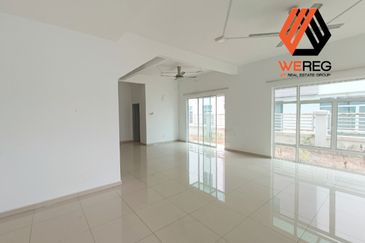
Ridgewood Canary Garden @ Bandar Bestari
Klang, Selangor
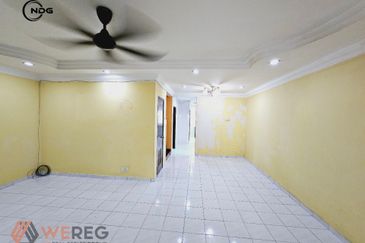
Bandar Botanic
Bandar Botanic/Bandar Bukit Tinggi, Selangor

Chimes @ Bandar Rimbayu
Telok Panglima Garang, Selangor

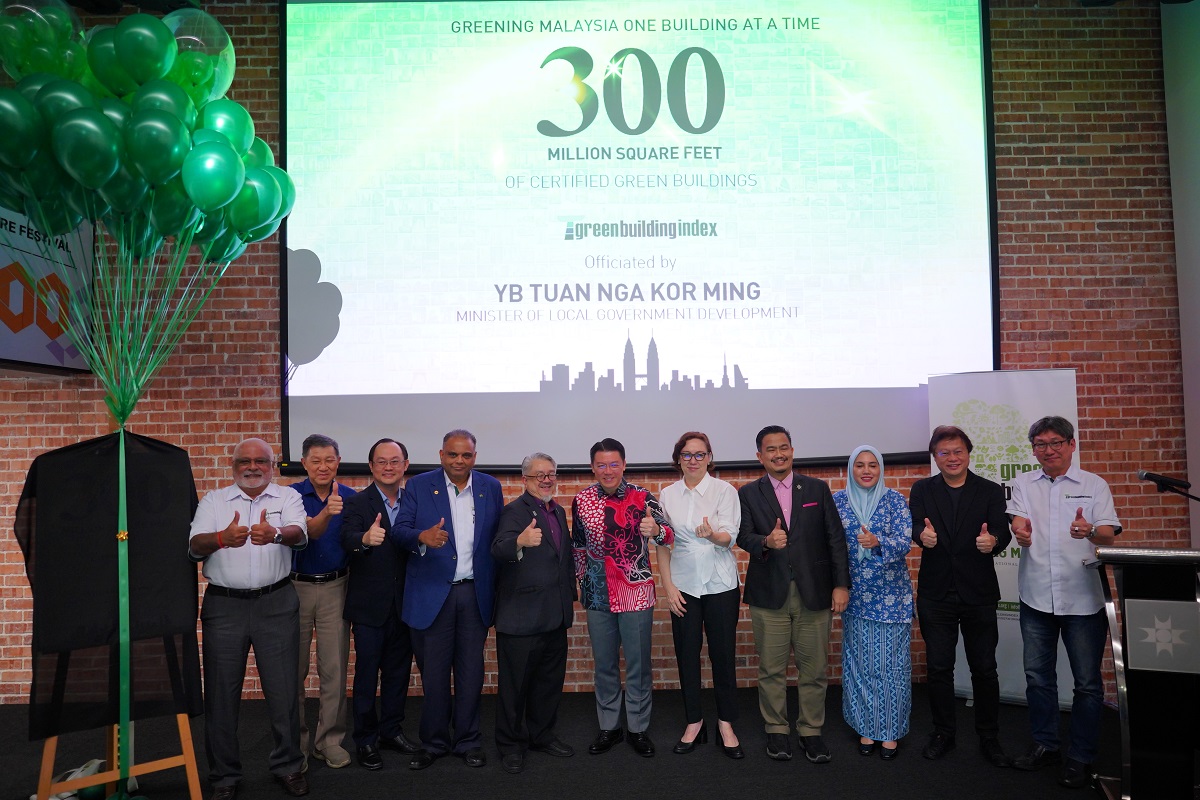

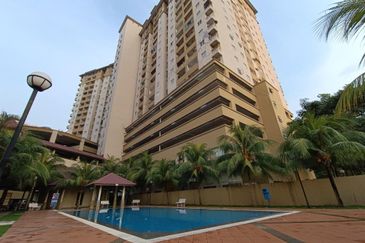

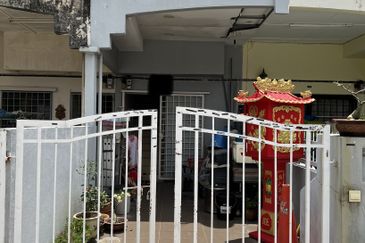
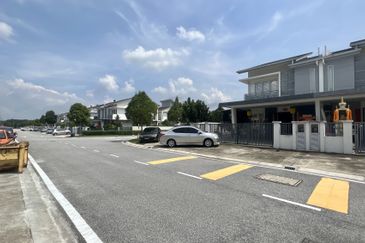




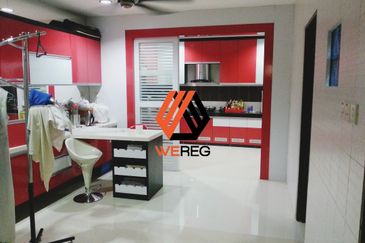
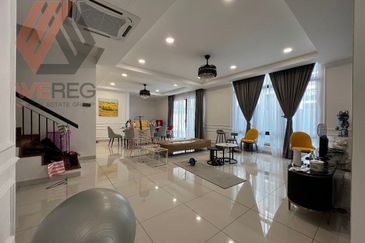
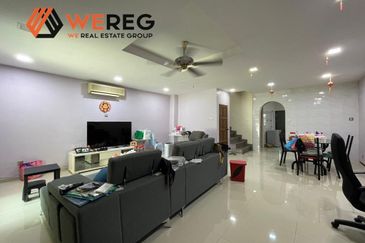



hero.jpg?GPem8xdIFjEDnmfAHjnS.4wbzvW8BrWw)



